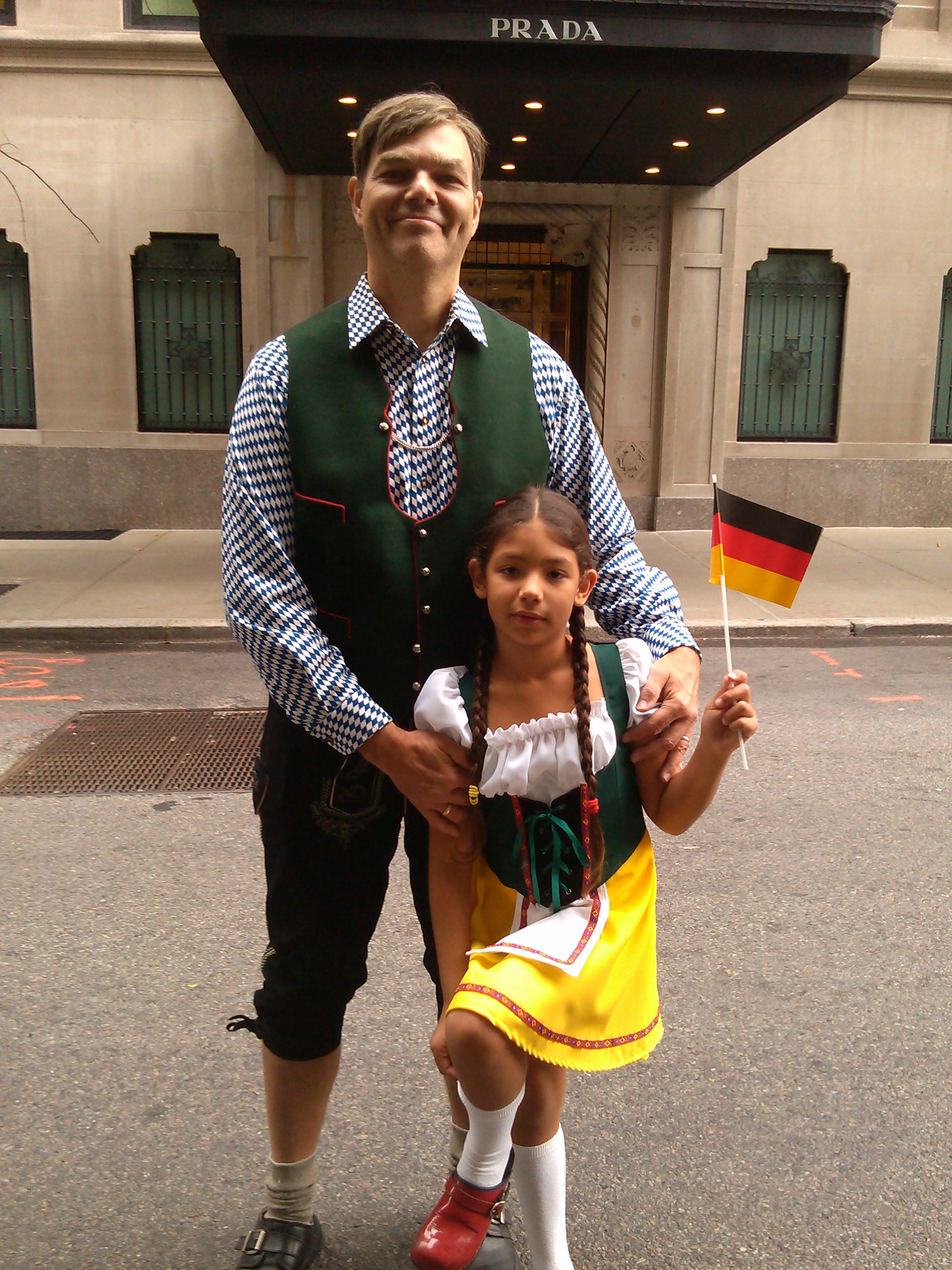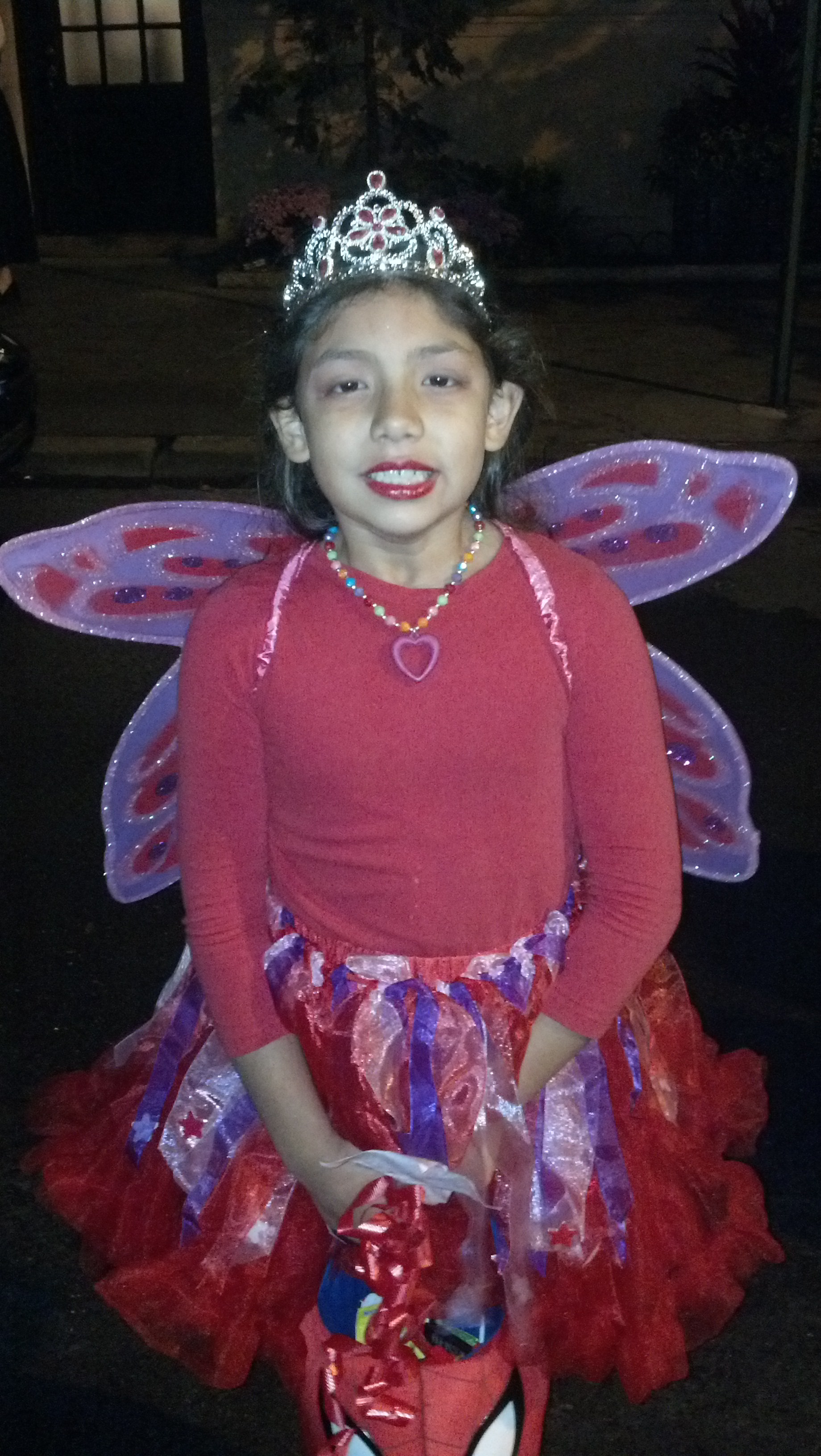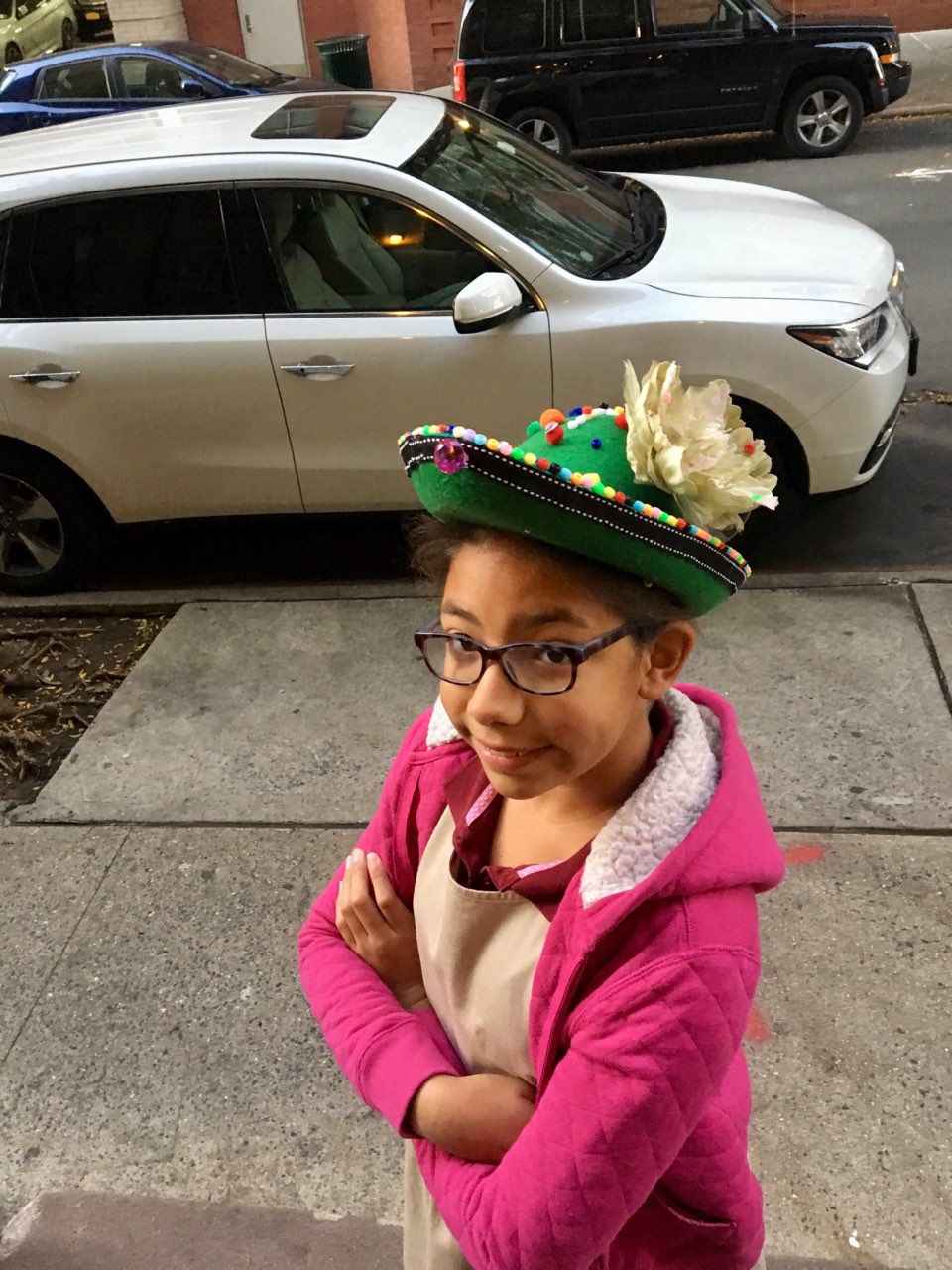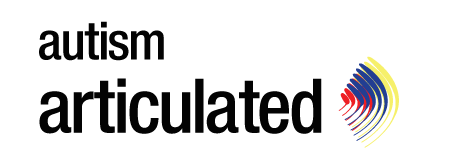Meet Richard Schreiber
/Richard Schreiber is the founder of the NYC Autism Community and most importantly, a proud father to Katarina, who has Asperger's. In this profile, Richard shares every up and down of his family's journey — from feeling denial about Katarina's diagnosis to reconsidering her Adderall prescription to becoming an autism awareness advocate.



Tell us about yourself and your daughter Katarina.
I am the proud father of an autistic 11 year old girl who is my pride and joy. My daughter has Asperger’s. Our journey began early on in our daughter Katarina’s life. My wife and I knew she was different when she used to listen to a lyrical CD and dance and spin around like a top, yet not get dizzy. Kat would also never complain about pain. If she fell or hurt herself, she virtually never cried. She also wasn’t terribly verbal until 4 years old in pre-K.
When was your daughter diagnosed with an autism spectrum disorder? What did your family experience?
I tell this story because I want ALL parents to be aware that if they think their child exhibits even a few of the dozen or so autistic characteristics, even as early as a year old, get your child examined. There are FREE early evaluation and intervention programs [in the United States] offered by the Department of Health (covering ages 1-3) and even the Board of Education (covering ages 3-5). Yes it’s FREE folks, and even intervention services are free. Early intervention and remediation of Autism are both so important — it can even reverse or reduce symptoms. The fact that there are free services available out there, we would be foolish not take advantage of them! The biggest hurdle sometimes is our own fear and denial about what we are seeing. We need to get past that.
In spite of all the indicators and the whispers from some family members, no one in our family uttered the dreaded “A” word for autism about my daughter, at least that’s how we characterized it. It simply never dawned on us that our daughter was autistic. This was 2009-2010 when autism was not on everyone’s minds like today. Like most people when we thought of autism, it was either Dustin Hoffman in Rainman the movie, or a kid sitting in a corner bobbing back in forth incoherently talking to him/herself. That's not our child, we thought.
So, it was a little bit of denial on our part and also not taking the initiative to have Katarina checked out formally. We actually just sort of shrugged and liked the fact that she was “different," and off to school she went. The fact that she tested well academically and got into an advanced gifted and talented program at age 4 energized our thinking that Kat was OK. After all, she was smart and smart enough to test well. Our denial only came back to haunt us.
Fast forward two years later, she’s fidgeting in class, not controlling her body, and not being effectively social. Her first grade teacher, who had a background in Special Needs, wrote a letter articulating what she saw as Kat’s condition to the school’s principal, which we later received in the mail and it was now necessary to get Kat officially assessed with a behavioral psychologist. That report came back with the diagnosis that Kat had ADHD. Well at least now we knew it was officially something and what it was (but not what to do about it).
About six months later, we took Kat to another behavioral psychologist for second opinion who also evaluated Kat but in a more intimate one-on-one setting. Afterwards she came back with, “Your daughter doesn’t have ADHD, she has Asperger’s.” I thought, “What’s that? It sounds like a type of gum.” We soon learned it was a form of Autism, rare in girls. We were at once relieved to finally know what it was, but equally deflated with the knowledge that our little girl simply wasn’t like everyone else and that she was indeed "on the Autism Spectrum."
Less than a year later, after we enrolled our daughter in a special camp just for highly functional Autistic kids, the verdict came back: “Kat is too disruptive in class. You need to explore drug options.” I had fought this for months, maybe years, but now was resigned to consider it — it was appearing inevitable. If it helped my daughter, that was what I was committed to, reluctantly, I thought. Fast forward: After three years on Adderall, my daughter is skinny, doped up and generally maudlin, but she got good grades and was able to stay on topic in school.
We as parents were more fixated on her academics than her socialization challenges and who she was. We didn’t know the true extent. We knew she had few friends in school but I guess we were expecting this to change. It didn’t. By the time Katarina graduated from elementary school, when I picked her up on her last day of school, she was in tears. She just wanted to leave without saying goodbye to anyone. When I asked “Don’t you want to say goodbye to anyone?"
She replied, “Daddy for six years nobody wanted to be my friend.” I will take those words to the grave. I consoled my daughter, we went to McDonalds and had some fries and an ice cream cone. I contemplated where I had gone wrong as a parent and what I needed to do better — be a role model and an active father in the autism community to better understand my daughter.
So we took her off Adderall as she went to her summer camp again, and have kept her off it as the 2017-2018 school year began. Kat gained 25 pounds and became the rambunctious, effervescent person we knew before. But now, the challenges that the Adderall was addressing have come back. But we are trying new holistic and BA coping strategies and plan never to drug her again. If God is good, this will work.
What challenges do parents face that are often swept under the rug or under-represented?
Parents with autistic children often feel uncomfortable going out in public because of the concerns of the behavior of their child will call attention and neuro-normal folks would be aghast. Families become self-conscious. Families with autistic children also sometimes feel that they are in it alone, and the pursuit of information on autism, with all the different resources and the tendency for each autistic child to be different, meaning lots of trying different strategies, treatments and interventions until you find one that works. It’s tough, trying work. It can sap the strength of parents.
How have you gotten involved in the broader autism community?
I want to create a space where families with autistic children can come to meet-ups and events with their kids and speak openly with other parents and exchange ideas and strategies. And also where families can find expert resources and talk to some about some of the issues they are facing so they don’t have to feel alone. We aim to help families celebrate their autistic children for their uniqueness and for being different by hosting safe events — indoors and outdoors — that inspire their children.
So I created the NYC Autism community (nycautismcommunity.org) to plan events and meet-ups for families with autistic children to meet in fellowship and gain insights from each other. We also bring in experts from the industry in non-pharmaceutical areas, as well as actual autistic young adults, to speak with our community and give their personal input and view points.
What is the biggest lesson you have learned as a parent and autism awareness advocate?
In particular, we feel there isn’t enough attention being paid to early diagnosis and intervention as I indicated before and while it’s not analogous to cancer, early intervention is critical for an autism diagnosis.
What I have learned from this entire experience is how gifted and resilient my daughter is and how children with autism deserve an opportunity to live lives of fulfillment and joy, just like my daughter does.
But also, as parents we have a responsibility to listen to our children and get in their world, not the other way around...
And to do it early on, the earlier the better and to notice if they are different as soon as they are infants and get them evaluated. There is not stigma to having autism, it is a gift.
What are your hopes for Katarina's future and the future of autism acceptance?
What I would like very much to see is greater acceptance of autistic children in our educational system, in society and in our families. This will only happen if the parents have the courage to increase that awareness by allowing their children to mingle with neurotypical children and celebrate not stigmatize their autistic children. I was guilty of that myself. But my daughter being who she is has added a deeper level of love and understanding and relationship with her which I don’t regret for a minute.
Katarina, will explore many things in her life and do everything and anything that she wants. She’s very creative, artistic and enjoys creating YouTube videos, pottery, animation and building with Lego. We will continue to help her find whatever it is that she has a passion for. That is our duty and calling.






